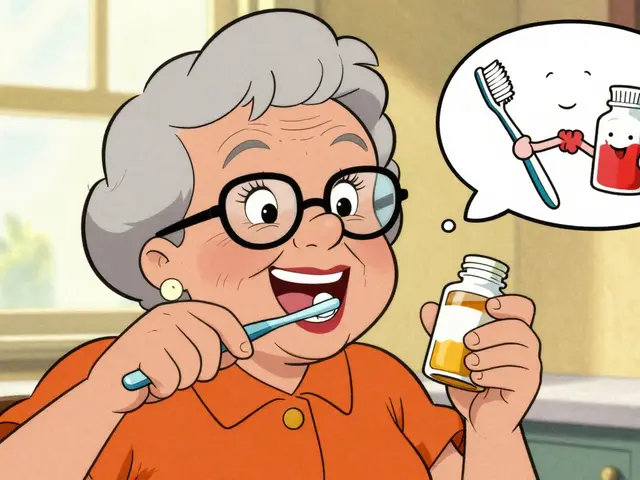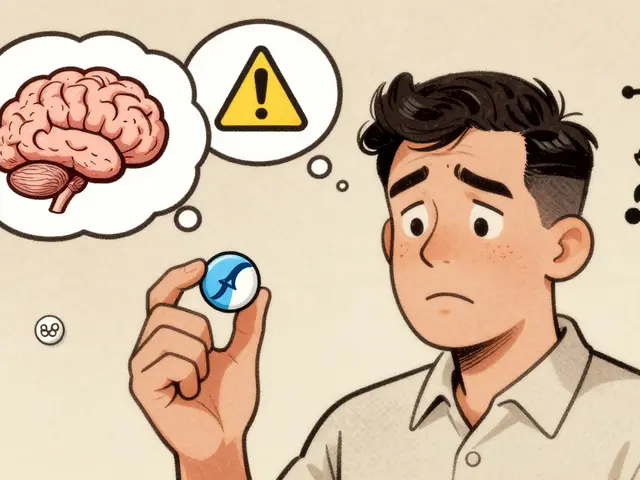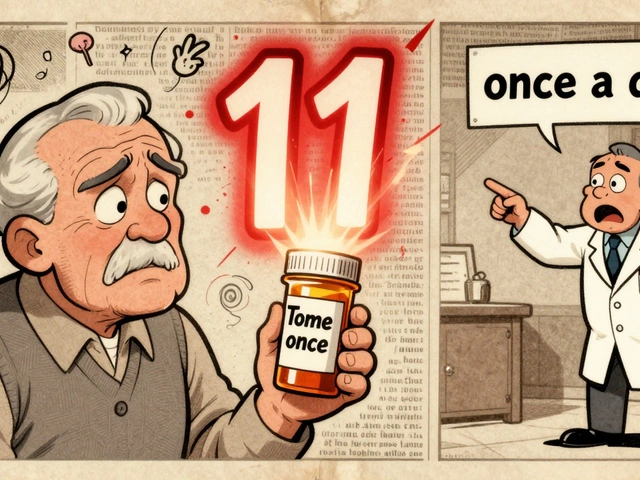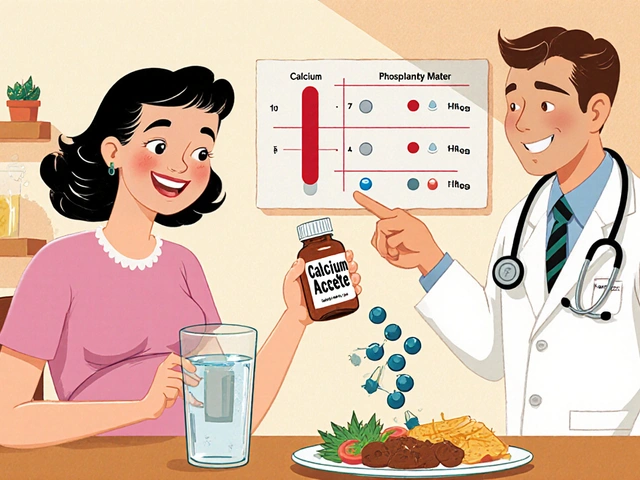Medication Compliance: Simple Tips to Stay On Track
Ever missed a dose and wondered if it mattered? You’re not alone. Medication compliance—taking the right drug, at the right time, in the right amount—can be the difference between feeling great and dealing with preventable flare‑ups. The good news? Small changes in your daily routine can lock in better habits without any magic tricks.
Why Compliance Matters
When you skip or double up on medication, your body gets mixed signals. Blood pressure spikes, blood sugar jumps, or infections can sneak back in. Doctors see these patterns as wasted appointments and higher costs. Your own health suffers too—think more doctor visits, hospital stays, or lingering symptoms that could have been avoided.
Practical Ways to Boost Your Adherence
Set a clear schedule. Write down the exact time for each pill, not just “morning” or “evening.” A phone alarm labeled “heart meds” works better than a generic buzz.
Use a pill organizer. Weekly trays let you see at a glance if you’ve taken a dose. When a compartment is empty, you know you’re on track.
Pair meds with daily habits. Link taking your medication to brushing your teeth, breakfast, or feeding a pet. The habit cue nudges you automatically.
Ask your pharmacy for refill reminders. Many online pharmacies send texts or emails when it’s time to reorder. Some even offer auto‑refill, so you never run out.
Keep a medication list. Write every drug, dose, and why you take it. Share it with any new doctor or pharmacist—this avoids accidental overlaps.
Stay honest with your doctor. If a side effect makes you want to stop, tell them. They can adjust the dose or switch to a friendlier option, keeping you on course.
Technology can help, but it’s not a substitute for a routine you trust. Pick one tip that feels easiest and try it for a week. If it clicks, add another. Before you know it, taking your meds becomes as natural as checking the weather.
Remember, medication compliance isn’t about perfection; it’s about consistency. Small, steady actions add up to better health, fewer emergencies, and peace of mind that you’re doing everything you can for your body.





